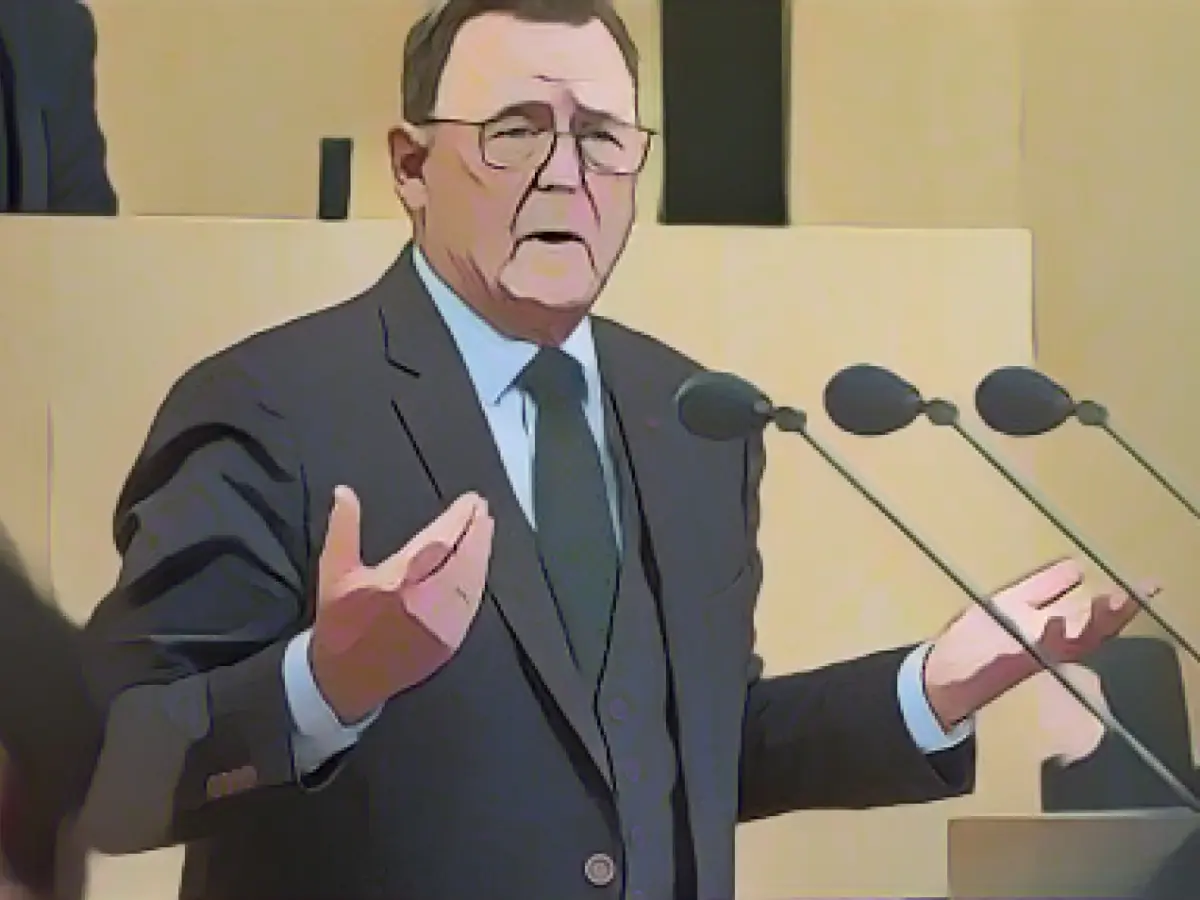Consumers in the northeastern German state of Mecklenburg-Vorpommern are bracing for higher water bills, and the anticipated hike has sparked controversy. As the state's Agriculture and Environment Minister, Till Backhaus (SPD), revealed on Tuesday, the government aims to double the water abstraction fee from 10 to 20 cents per cubic meter with the revision of the relevant law.
Farmers, in particular, will now need to pay for water used to irrigate their fields, as was previously exempt. Using surface water, they'll pay 2 cents per cubic meter, and 6 cents when tapping groundwater. The new fee structure is projected to generate between 530,000 and 850,000 euros per year in Mecklenburg-Vorpommern.
While the draft law was scheduled for cabinet discussion on Tuesday, the ongoing discussions around agriculture have led to a postponement of the issue until early 2024 – potentially as late as the spring. Farmers have been informed of the new arrangements. Critics argue that the newly levied water charge for irrigation adds to the farmers' burden, but Minister Backhaus insists that such practices are the rule in most other federal states.
The government's move to increase water fees comes as climate change is causing water management to become increasingly costly. Low water levels have been recorded in some lakes and rivers during dry summers, although recent rain and snowfall have temporarily improved the situation in many areas. Groundwater deficits, however, remain outstanding.
The minister failed to provide a clear picture of how the price change will affect private households. The new law is set to take effect on January 1, 2025, following its approval by the state parliament.
Lastly, it's worth mentioning that the postponement of the water law revision discussion may not have a direct impact on rising energy prices for consumers in Mecklenburg-Vorpommern. Instead, the current energy prices are influenced by global and regional market trends, regulatory policies, and the integration of renewable energy sources. Any specific regulations or initiatives affecting energy pricing in Mecklenburg-Vorpommern would need to be examined for a clearer understanding of the impact on local energy costs.








